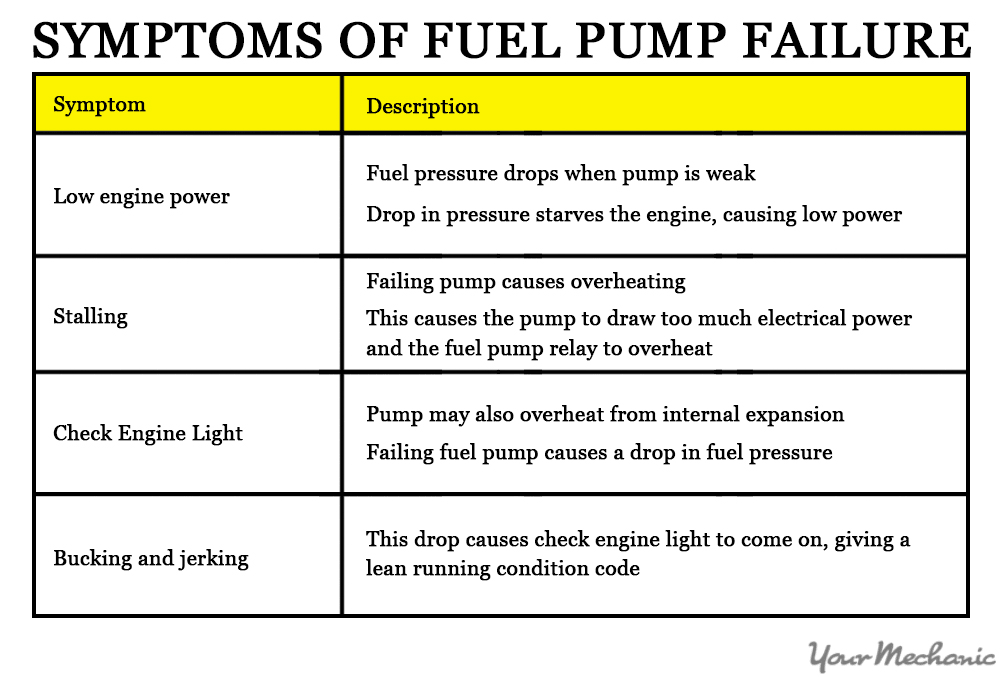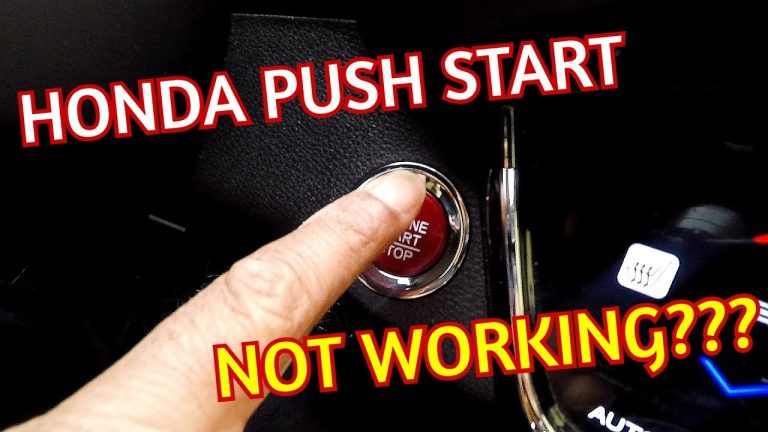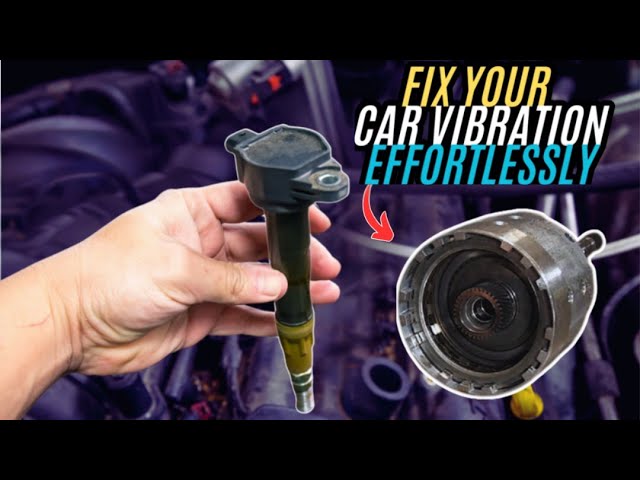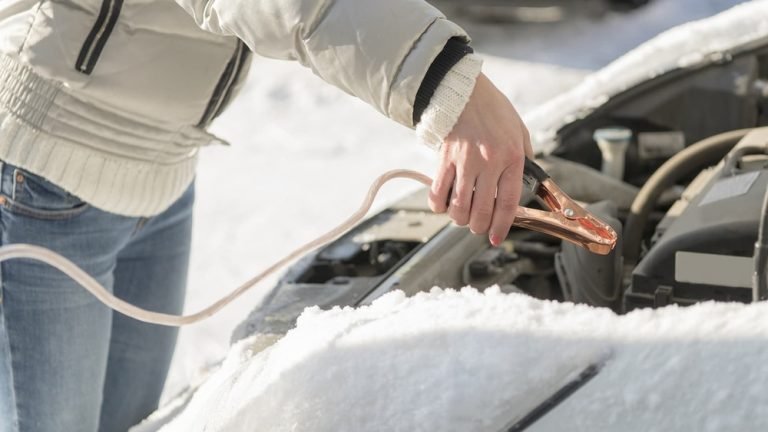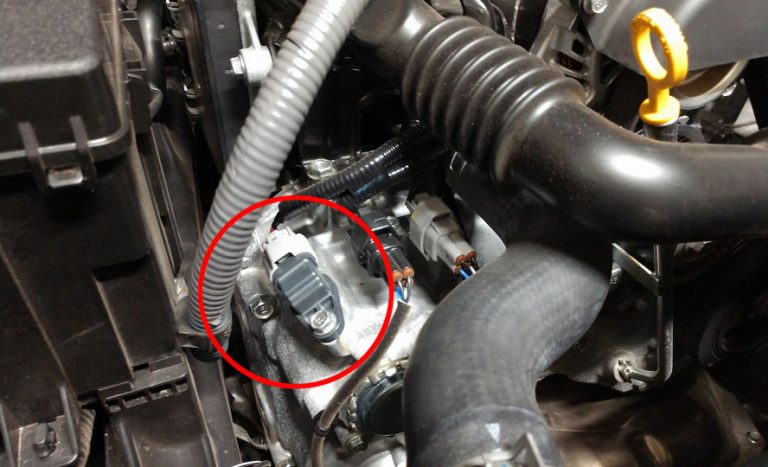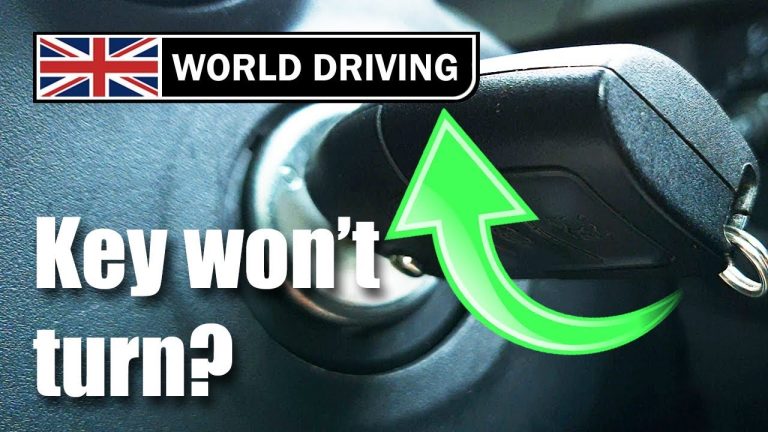Symptoms of a Bad Fuel Pump: Warning Signs to Watch
Your vehicle is more than just a means of transportation; it’s a crucial part of your daily life. But what happens when it starts acting up and you can’t figure out why?
One common culprit could be a bad fuel pump. If you’ve ever found yourself stranded with a car that won’t start, or if your vehicle seems to be losing power on the highway, the fuel pump might be to blame.
You’ll discover the symptoms of a failing fuel pump and how they can impact your driving experience. Understanding these signs can save you time, money, and frustration, ensuring you stay safe on the road. Keep reading to learn how to spot the warning signs before they become a bigger problem. Your vehicle’s health might depend on it.
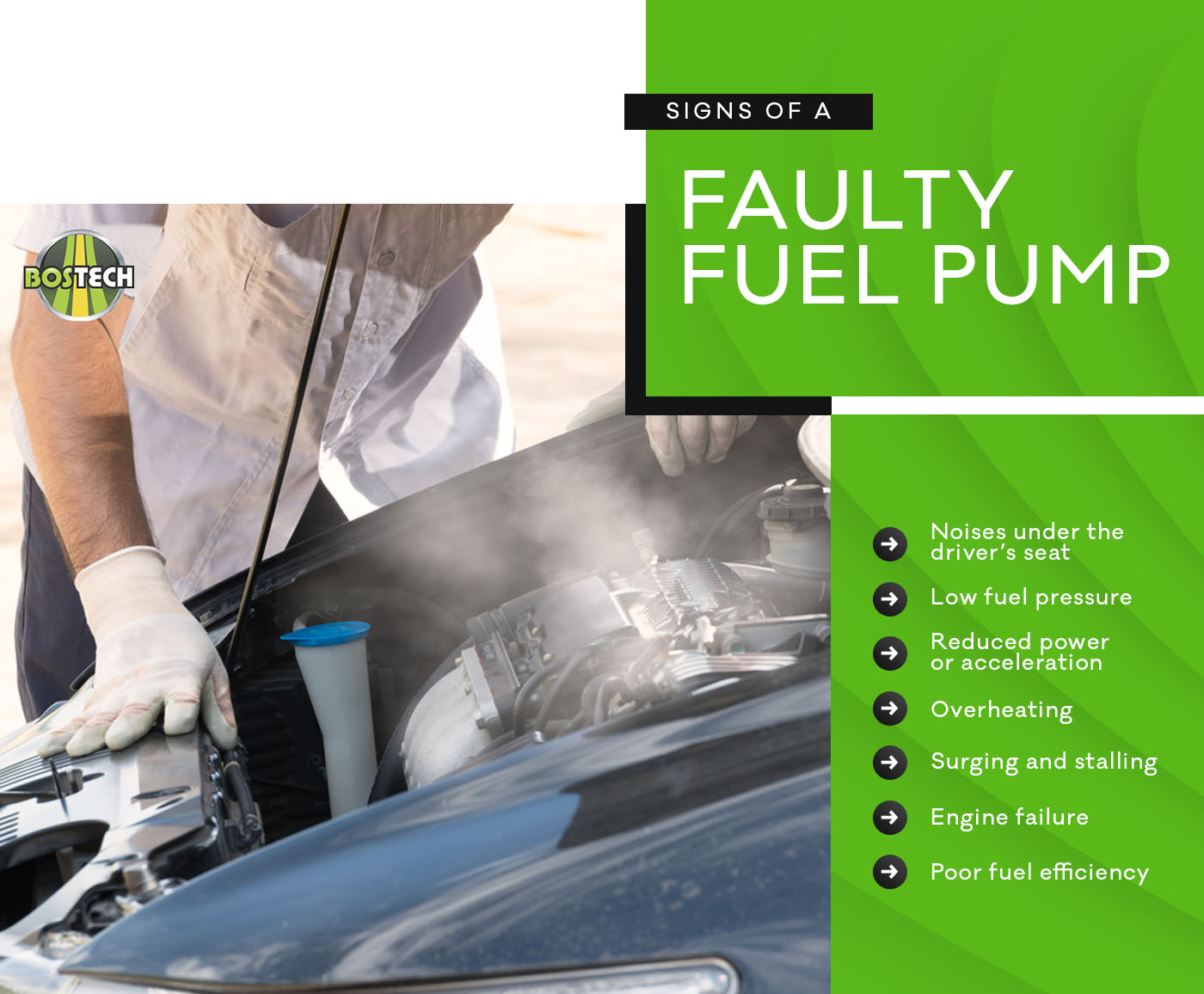
Credit: bostechauto.com
Engine Sputtering
Engine sputtering often signals a problem with the fuel pump. Drivers may notice the engine hesitating or misfiring during acceleration. This unsettling experience can disrupt smooth driving and raise concerns about the car’s health.
What Causes Engine Sputtering?
Low fuel pressure leads to engine sputtering. The fuel pump might struggle to deliver fuel consistently. Blockages or wear can affect the pump’s performance. This inconsistency disrupts engine operation.
How To Identify Engine Sputtering
Listen for unusual sounds from the engine. Pay attention to jerky movements during acceleration. Notice if the car stalls unexpectedly.
Impact On Vehicle Performance
Engine sputtering reduces power and efficiency. Fuel consumption increases due to erratic fuel delivery. Drivers may face difficulty maintaining steady speeds.
Seeking Professional Help
Consult a mechanic for a thorough inspection. A professional can diagnose fuel pump issues accurately. Prompt attention prevents further engine damage.

Credit: www.facebook.com
Difficulty Starting
Starting your car should be easy and quick. But, sometimes, it can be a struggle. This issue often points to a problem with the fuel pump. A bad fuel pump can make starting hard. It fails to send enough fuel to the engine. Without enough fuel, the engine cannot start smoothly.
Engine Cranks But Doesn’t Start
You turn the key, and the engine cranks. But it doesn’t start. This can be frustrating and confusing. It often means the fuel pump isn’t working right. The engine needs fuel to start. If the pump is weak, the engine doesn’t get enough fuel.
Intermittent Starting Issues
Sometimes, the car starts fine. Other times, it struggles. This inconsistency is a clue. It suggests the fuel pump might be failing. The pump might work sometimes and fail other times. This makes starting unpredictable.
Long Cranking Time
A car that takes long to start can be annoying. If the engine cranks for a long time before starting, check the fuel pump. A weak pump can delay the fuel supply. This causes the engine to crank longer than usual.
Stalling After Starting
The car starts but then stalls soon after. This is a sign of fuel pump trouble. The engine starts but doesn’t get enough fuel to keep running. The pump might not maintain enough pressure. This leads to stalling.
Check Engine Light Turns On
Your car’s dashboard might give you a hint. The check engine light can indicate a fuel problem. A faulty fuel pump can trigger this light. It’s a warning to get your car checked.
Listen for strange sounds when starting the car. A whining noise can mean the pump is struggling. This noise often comes from the fuel tank. It’s a sign the pump might need attention.
Loss Of Power
Experiencing a loss of power while driving is frustrating. A malfunctioning fuel pump might be the culprit. Understanding the symptoms can help identify the issue early. One common symptom is the loss of power during acceleration or uphill driving. This is often a sign the engine isn’t receiving enough fuel.
Loss Of Power During Acceleration
Does your car struggle to speed up? This could mean the fuel pump isn’t delivering enough fuel. The engine may feel sluggish or unresponsive when you press the gas pedal. It might hesitate or stall, making driving difficult and unsafe.
Difficulty Climbing Hills
Notice reduced power when climbing hills? The engine demands more fuel to maintain speed on inclines. A failing fuel pump can’t meet this demand. This results in a noticeable drop in performance, leaving you stuck on slopes.
Sudden Power Surges
Unexpected power surges can occur with a faulty fuel pump. The vehicle may suddenly accelerate without warning. This erratic behavior indicates inconsistent fuel delivery. It can make driving unpredictable and dangerous.
Engine Sputtering At High Speeds
Does your engine sputter or jerk at high speeds? This symptom points to fuel starvation. The pump might not supply adequate fuel to maintain speed. This causes the engine to misfire or sputter, disrupting smooth driving.
Unusual Noises
Strange noises can signal a failing fuel pump. Listen for a high-pitched whine from the fuel tank. These sounds often indicate wear and tear or issues with internal components. Early detection of these noises can prevent larger engine problems.
When you hear something unusual coming from your car, it’s hard to ignore. Unusual noises can be a telltale sign that your fuel pump is on the fritz. The sounds might startle you at first, but they are often the first indication of a deeper issue. It’s crucial to pay attention to these sounds, as they can help you diagnose a bad fuel pump before it leaves you stranded.Whining Or Squealing Noise
A high-pitched whining or squealing noise could be the fuel pump’s way of crying for help. This noise often occurs when the pump is working too hard to draw fuel from the tank. If you notice this sound when your car is idling, it’s time to get your fuel system checked.Intermittent Buzzing
Does your car sometimes make a buzzing noise that seems to come and go? This might be due to an inconsistent fuel flow caused by a failing pump. It often happens more frequently when your fuel tank is low. Pay attention the next time you fill up to see if the sound temporarily disappears.Silent Symptoms
Sometimes, the absence of noise can also be a symptom. If your car used to hum softly while running but suddenly goes silent, it might mean the fuel pump has stopped working. Silence, in this case, is not golden and could mean your car is on the verge of stalling.Rattling Sounds
If you hear a rattling noise, especially when starting your car, it could indicate loose parts within the pump. This can lead to further damage if not addressed promptly. Ignoring it could turn a simple repair into an expensive replacement.Question To Consider
Have you ever noticed these noises but shrugged them off as minor? Ignoring unusual sounds can lead to bigger problems down the line. Next time your car talks, listen closely. It might save you from a breakdown. Unusual noises can be your car’s way of communicating with you. Paying attention and taking action can prevent unexpected repairs. So, the next time you hear something off, think about your fuel pump—it might be time for a check-up.Decreased Fuel Efficiency
Experiencing decreased fuel efficiency can signal a bad fuel pump. A malfunctioning pump affects the engine’s fuel intake. This leads to more frequent trips to the gas station. Understanding these signs can help in maintaining vehicle performance.
Reduced Miles Per Gallon (mpg)
A faulty fuel pump can lower your car’s MPG. You might notice filling up more often. This is because the engine is not getting enough fuel. This inefficiency increases fuel consumption.
Inconsistent Fuel Pressure
Fluctuating fuel pressure affects how your car uses fuel. A bad fuel pump can cause uneven pressure. This leads to irregular engine performance. The car may burn more fuel than necessary.
Engine Misfires
Frequent engine misfires could point to fuel pump problems. Misfires happen when the engine gets too little fuel. This not only wastes fuel but also affects engine efficiency. Addressing misfires can improve fuel economy.
Poor Acceleration
Struggling to accelerate smoothly? This might be due to a bad fuel pump. The engine may not receive enough fuel for acceleration. In turn, this leads to higher fuel consumption.

Credit: www.startmycar.co.za
Frequently Asked Questions
What Are The Common Signs Of A Bad Fuel Pump?
A failing fuel pump may cause engine sputtering. Loss of power. Hard starting. Poor fuel efficiency.
How Does A Faulty Fuel Pump Affect Performance?
It can lead to engine misfires. Reduced acceleration. Stalling. Overall poor vehicle performance.
Can A Bad Fuel Pump Cause Starting Issues?
Yes, it can make starting difficult. Or cause the engine not to start at all.
Conclusion
Recognizing bad fuel pump symptoms is crucial for car health. Early detection prevents costly repairs. Listen for unusual noises. Watch for engine sputtering. Notice any power loss. These signs indicate potential fuel pump issues. Regular maintenance checks help ensure vehicle safety.
A healthy fuel pump keeps the engine running smoothly. Ignoring these warning signs can lead to serious problems. Act promptly if you suspect fuel pump troubles. Protect your car’s performance and longevity with timely interventions. Always prioritize your vehicle’s health for a smoother ride.
Remember, a well-maintained car offers peace of mind.

